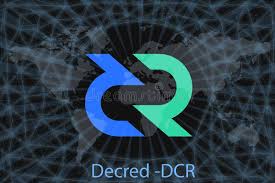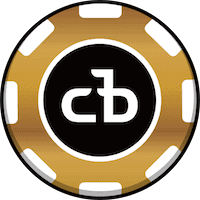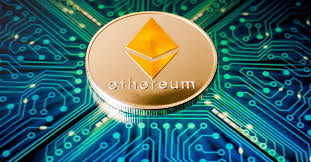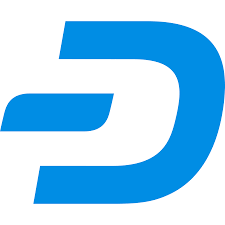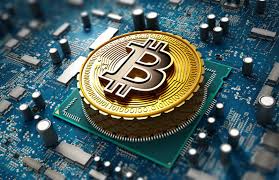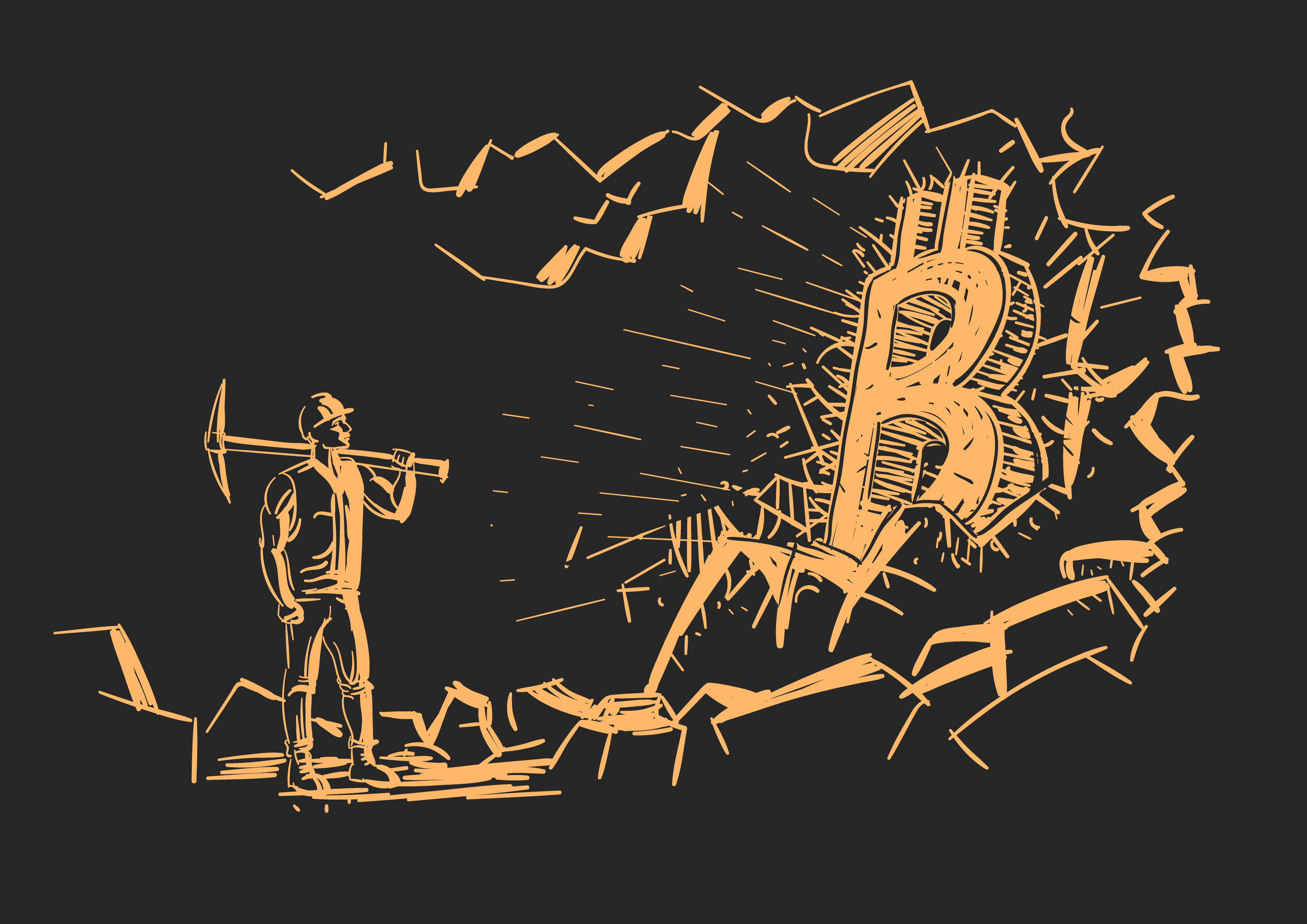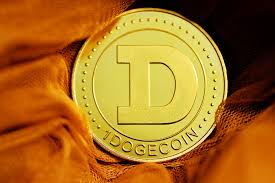Since the launch of Bitcoin in 2009, the cryptocurrency industry has seen several forks and spin-offs that aim to improve upon and solve alleged shortcomings in the original architecture. Bitcoin Gold stands out as one of the most significant splits among them.

The origins of Bitcoin and Bitcoin Gold
By establishing a peer-to-peer electronic payment system based on blockchain technology, Bitcoin, the first decentralized cryptocurrency, completely altered the financial landscape. It was developed to address the shortcomings and limits of conventional financial systems by an enigmatic creator known only as Satoshi Nakamoto. In October 2017, the BTC blockchain underwent a hard split, giving birth to Bitcoin Gold (BTG), which sought to increase mining accessibility and decentralization. Its development was primarily motivated by the need to make mining accessible to anyone using conventional hardware and to counteract the dominance of enormous mining pools and ASIC miners.
Mining algorithm
BTC uses the SHA-256 (Secure Hash method 256-bit) proof-of-work consensus method as its mining algorithm. ASICs designed specifically for Bitcoin mining have become more popular as SHA-256 has become more computationally intensive. These ASICs reduced the profitability and competitiveness of mining using conventional CPUs or GPUs. In contrast, Bitcoin Gold used the ASIC-resistant Equihash algorithm. Equihash encourages more decentralization and accessibility in the mining process by requiring more memory bandwidth and being substantially more accessible to CPUs and GPUs.
Block size and transaction speed
On the BTC blockchain, a block is limited to 1 MB, holding 2,000 to 3,000 transactions. This leads to scalability challenges, prolonged confirmation times, and higher fees during demand spikes. BTG addressed this by enlarging blocks to 2.9 MB, boosting transaction speed, and surpassing Bitcoin’s throughput.
Distribution and abundance
The aggregate quantity of BTCs is limited to 21 million coins, with the rate of issue reducing over time as a consequence of mining. Due to its scarcity, people tend to see it as a kind of digital gold—a store of value. The maximal supply of Bitcoin Gold, which is 21 million units, is identical to that of BTC. The distribution strategy, however, is quite distinct. Owners of Bitcoin received an identical number of Bitcoin Gold tokens at the instant of the split, resulting in the ubiquitous distribution of BTG tokens.
Market acceptance and value
As the first cryptocurrency, BTC has obtained unrivaled acceptability and recognition in the financial sector. Since it has the largest market value, it is now the most valuable and potent cryptocurrency. Although BTG originally attracted a lot of attention and had a respectable market capitalization, it has not yet acquired the same degree of acceptance and reputation as its forerunner. Like any other cryptocurrency, its value might alter and is often impacted by the condition of the market and new technical advancements.
Security and vulnerabilities
Over time, BTC’s large network and underpinning SHA-256 algorithm have both shown to be very secure. However, there are concerns about the possibility of 51% assaults due to the concentration of mining power in a limited number of significant mining pools and ASIC producers. The Equihash algorithm in BTG is intended to be more resistant to ASICs, fostering decentralization in mining. This does not, however, render it entirely impervious to assaults. Early on, BTG was the target of a 51% assault, raising concerns about its dependability and security.
Conclusion
BTC and BTC Gold are independent branches of the cryptocurrency industry, each with unique characteristics, incentives, and challenges. BTC’s dominance, market capitalization, and acceptance firmly established it as the leading digital asset and wealth store. In contrast, Bitcoin Gold focuses on decentralized mining to address Bitcoin’s perceived limitations.
You can also find these articles helpful
How does mining Bitcoin work?
Advantages and disadvantages of Bitcoin Gold
Is it profitable to trade Bitcoin Gold
